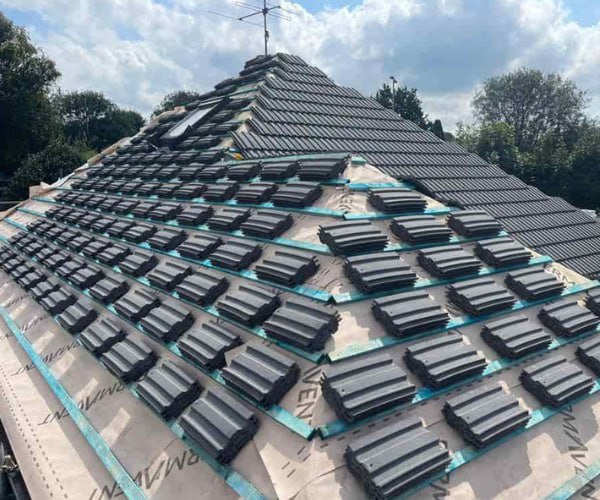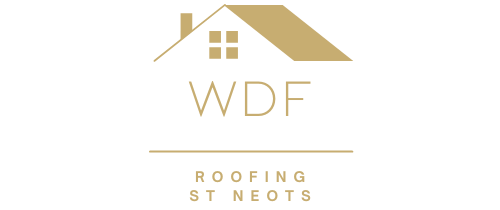The Connection Between Roof Inspections and HVAC Efficiency
Introduction: When it comes to home or commercial building maintenance, the relationship between the roof and HVAC (Heating, Ventilation, and Air Conditioning) systems is often underestimated. However, these two components are closely connected, and your roof’s condition can significantly impact your HVAC system’s efficiency. We will explore the important connection between roof inspections and HVAC efficiency in this blog post, brought to you by WDF Roofing St Neots.
Understanding the Link
To understand how roof inspections affect HVAC efficiency, it’s crucial to grasp the interplay between them. Your roof serves as a protective barrier between your indoor environment and the external elements, including the sun, rain, and temperature fluctuations. The condition of your roof can directly influence the workload and efficiency of your HVAC system in the following ways:
- Insulation and Energy Efficiency: A well-maintained roof with proper insulation prevents outdoor air from infiltrating your building and indoor air from escaping. Without adequate insulation, your HVAC system must work harder to maintain a consistent indoor temperature, increasing energy consumption and utility bills.
- Ventilation: Roofing systems often include ventilation components that help regulate indoor temperatures and moisture levels. Effective roof ventilation can reduce the strain on your HVAC system, as it helps create a balanced indoor climate.
- Roof Color and Solar Absorption: The colour of your roof can impact solar absorption. Dark-coloured roofs tend to absorb more heat, which can increase indoor temperatures. This, in turn, forces your HVAC system to work harder to cool the space. Light-colored or reflective roofing materials can help mitigate this issue.
- Roof Leaks and Moisture: Leaks and moisture infiltration can damage insulation and compromise indoor air quality. A compromised roof can lead to mould growth, which can negatively impact your HVAC system’s efficiency and air quality.
- Workload on HVAC System: When your roof isn’t effectively insulating your building, your HVAC system may need to run more frequently and longer to maintain desired temperatures. This increased workload can lead to more wear and tear, reducing the lifespan of the HVAC unit and potentially causing breakdowns.
The Role of Roof Inspections
Regular roof inspections play a pivotal role in maintaining and optimising the efficiency of your HVAC system:
- Detecting Damage: Roof inspections identify any damage, such as leaks, punctures, or missing shingles, that can compromise your roof’s ability to insulate and protect your building.
- Evaluating Insulation: Inspections assess the condition of roof insulation and identify any areas where insulation may be lacking or damaged.
- Checking Ventilation: Roof inspections also check the effectiveness of roof ventilation systems, ensuring they promote balanced indoor climate control.
- Solar Reflectance: Experts can evaluate the solar reflectance of your roofing materials and recommend options that can help reduce heat absorption.
- Preventive Maintenance: Timely roof repairs and maintenance can prevent minor issues from escalating, minimising the impact on your HVAC system.
Conclusion: The connection between roof inspections and HVAC efficiency is clear—proper roof maintenance and inspections can lead to enhanced energy efficiency, reduced HVAC workload, and lower utility bills. By proactively addressing roofing issues and maintaining your roof in top condition, you protect your property and ensure that your HVAC system operates efficiently, providing a comfortable and cost-effective indoor environment.
Call us on: 01480 776 292
Click here to find out more about WDF Roofing St Neots
Click here to complete our contact form and see how we can help with your roofing needs.

